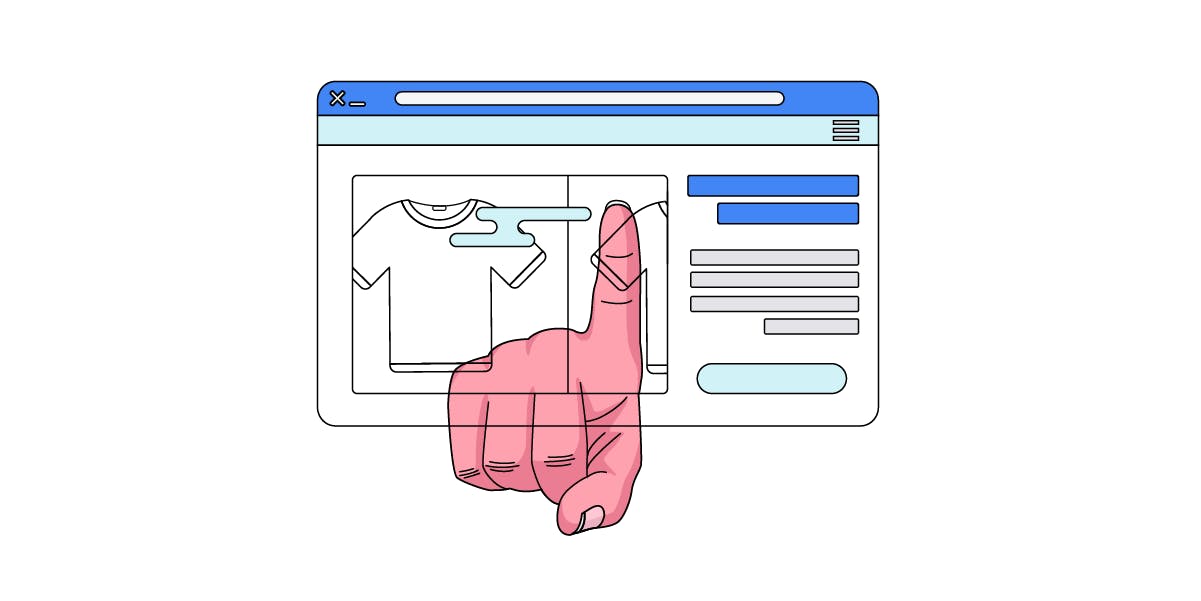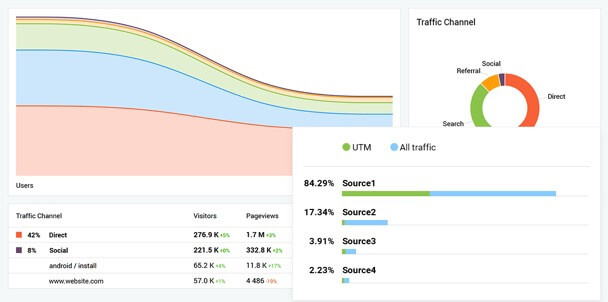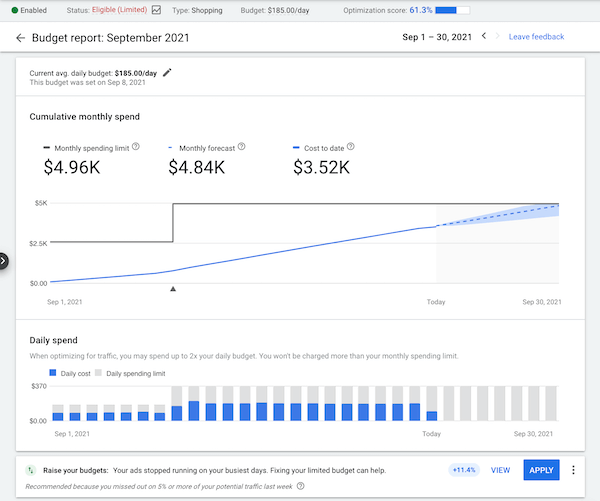
Scope recommends a number of ways that supermarkets can improve the online shopping experience for customers. These include implementing disability awareness training for delivery drivers and customer service employees, removing delivery charges for customers who identify as disabled, and making it easer for customers to tell supermarkets they are disabled. Lastly, Scope promotes the Web Content Accessibility Guidelines as a way to increase the number of people who can use digital services.
The survey of 365 charity professionals carried out by Skills Platform and Zoe Amar between April and June 2021 found that 83% of charities changed their services in response to digital demand, while 78% have used digital to reach new audiences. Sixty percent of charities report they now have a proper strategy in place for digital, which is a significant increase from just 11% in 2020.
The disability charity, Scope, has recently published new research highlighting the different barriers that disabled customers have experienced since the start of the pandemic, across online, delivery and in-store retail services.
Enabling communities to get online
While charities have made huge strides in basic digital skills, with the number of charities rating themselves as having ‘excellent’ basic digital skills doubling to 56% compared to just 29% in 2020 – there’s still some way to go. When it comes to ’analysing, managing, and using data’, for example, there has been slower improvement. Forty nine percent rated themselves as ‘fair’ in this area, up three percentage points on 2020, and 36% rated themselves as ‘poor’, down from 42% last year.
With the third sector continuing to make strides in digital – additional funding and action is likely needed to ensure those in need do not get left further behind.
The good news is that charities are actively seeking out learning opportunities to enhance skills, both internally and from third-party agencies. According to the report, 31% of charities have learned from others in their organisation in the past year, while 19% have held peer learning sessions with other charities. Meanwhile, 35% of charities have accessed help from digital agencies, and 31% of charities have accessed digital training courses, proving that there is still work to be done in order to equip staff with the technology and skills needed to deliver digital services.
The pandemic has highlighted accessibility barriers
Elsewhere, the government has also been taking action, setting up The Digital Lifeline Scheme – a £2.5 million fund to provide devices, data and digital support to people with learning disabilities who are unable or cannot afford to get online. The project was launched in partnership with digital inclusion charities Good Things Foundation and AbilityNet, which helped provide assistance with the distribution of technology as well as advice on tech accessibility.
Inclusion is not just an issue in the third sector, of course. The problem of digital exclusion has become heightened since the pandemic, with some companies failing to consider the accessibility needs of disabled people. According to a report by UsableNet Inc, the number of US lawsuits alleging that websites, apps and digital videos are inaccessible to people with disabilities rose 64% year-on-year in the first half of 2021, with ecommerce being cited in nearly 74% of all digital accessibility lawsuits.
Research suggests that meeting accessibility standards can have wider business benefits. Robin Christopherson, head of digital inclusion at UK charity AbilityNet, explains to ITPro how a study by the RNIB found that accessible websites were easier to use for able-bodied testers. In fact, users were able to complete tasks on average 35% more quickly than on websites that were not accessible to visually impaired people.
However, despite many more charities adapting their services for digital, the report also found that big barriers still remain when it comes to digital inclusion, with over half (52%) of charities stating that they are concerned about excluding certain people or groups. Twenty seven percent say they need more support around digital inclusion, with 24% concerned that their audience is not online.
Charities themselves describe digital skills as their third biggest challenge
Regardless of how digitally advanced charities become, it does not mean that this translates easily to users. Digital inclusion is the biggest challenge cited by respondents to the 2021 Charity Digital Skills survey, with 22% of charities saying they have cancelled services because their users don’t have the skills or technology required to use them. This is up seven percentage points since the start of the pandemic which highlights how the issue of digital inclusion has come to the forefront as digital transformation has gathered pace.
Of course, it’s not just end users that are struggling with digital – many charities themselves are also still lacking in both low and high-level digital skills and the required technology. This year, according to the Charity Digital Skills Report, 12% of charities are still struggling with basic tech access.
Overall, digital skills was cited as the third biggest challenge for charities in the Charity Digital Skills report 2021 (as opposed to the number one barrier last year).
More than a year on since the start of the pandemic, and the Charity Digital Skills Report 2021 has revealed that despite significant progress in the digital transformation of UK charities, digital inclusion is still a concern.
Further funding needed to plug the skills gap
Funding is one way that charities can make further progress towards digital inclusion. Indeed, the Digital Charity Skills report 2021 highlights the demand for funding in this area; 27% of charities say they would like funders to enable them to give digital inclusion support, devices, and data for their community.
In order to ensure that users are able to access services, 45% of charities have had to provide their users with devices, data, or support to get online. Other organisations are stepping in to help, too. At the start of the pandemic, FutureDotNow – a coalition of leading companies working in collaboration with government to boost the UK’s digital skills – launched DeviceDotNow. The initiative helped over 11,000 people get the technology access and support they needed to shop, get critical help, and and connect with others during multiple lockdowns.


![[VIDEO] 95% Test Confidence and How to Learn from Tests that Don’t Reach It](https://research-institute.org/wp-content/uploads/2021/07/video-95-test-confidence-and-how-to-learn-from-tests-that-dont-reach-it-768x576.png)



